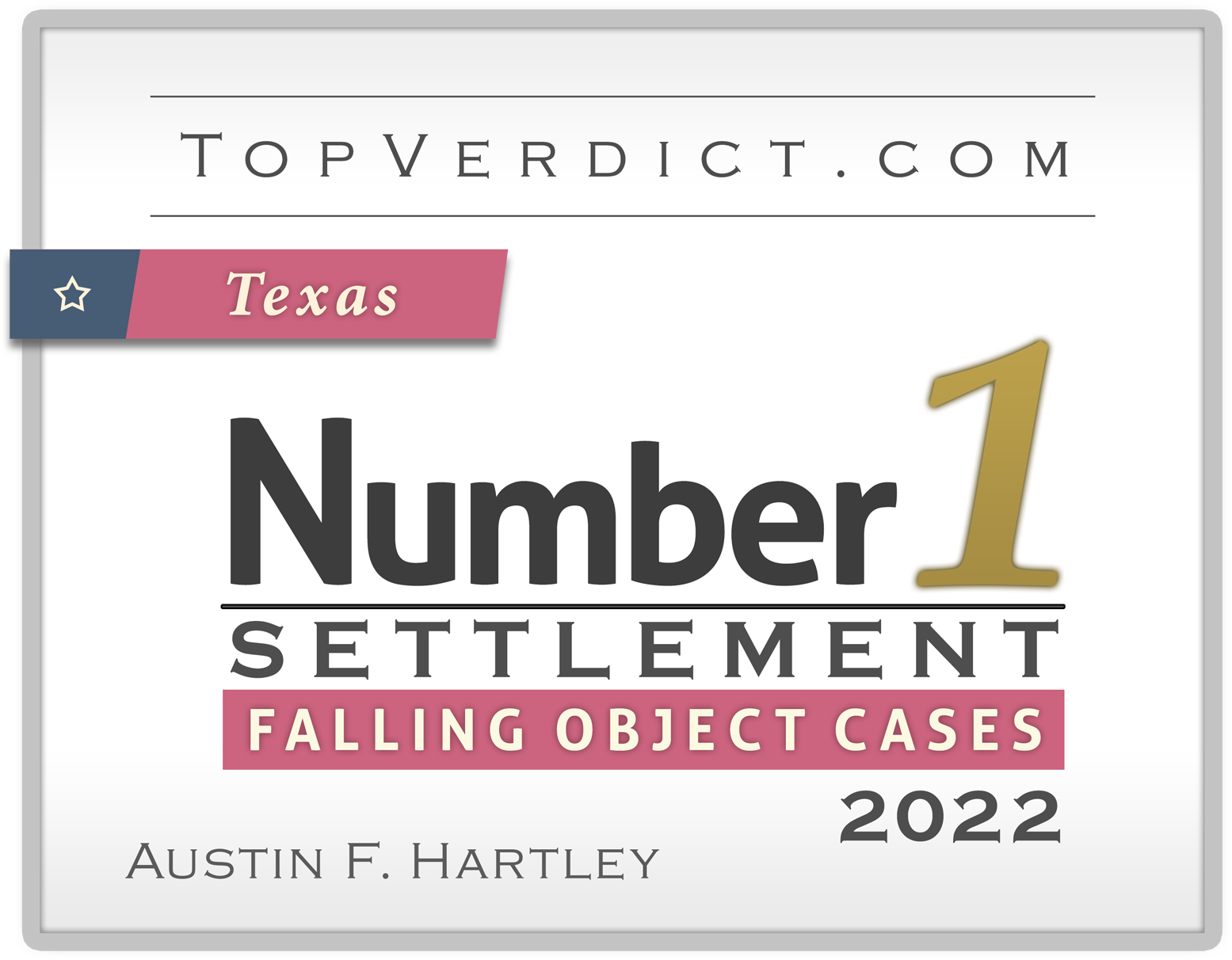Five Things You Should Never Say to an Insurance Adjuster

The adjuster will try to determine whether or to what extent the insurance company is liable for the accident and – in most cases – try to help the company figure out how to pay less than their fair share.
While you may need to talk to an insurance adjuster to provide basic details about the incident, do not be fooled by a friendly voice on the other end of the line. These adjusters are trained to seem friendly and casual, but their goal is to protect their company.
They do this by getting victims to make statements that can ultimately damage the victim’s case.
If you have been in an accident, speak with an attorney before you speak with an insurance adjuster–and under no circumstances should you say or discuss the following five things.
Admit Fault
A claims adjuster is looking for reasons their company can pay less money to victims. If you admit fault, even if you are just speculating, they may use this against you by claiming that even you admitted to making mistakes that contributed to the accident.
If they ask you to give your opinion as to why the accident happened, give only basic facts regarding the time, date, or location. Do not say why you think the accident happened even if you think you may have been partially at fault and feel bad about it.
Apologize
Even if someone else got hurt, do not apologize. An apology may be construed as an admission of guilt or a feeling of personal responsibility.
Do not inquire as to how the other party is doing. Do not say what a terrible day it was or how bad you feel. Even innocent statements like this could cause your case trouble down the road.
Say You Are Fine
Most phone conversations begin something like this: One person says, “Hello, how are you?” The other person says, “I’m good, thanks.”
While this kind of dialogue is generally nothing more than polite small talk, it can be twisted by the insurance company to sound like you are admitting nothing is wrong.
Speculate About Injuries
An insurance adjuster may ask you whether you were injured in the incident. I
f you say yes and provide details about your injuries, but your injuries later end up being more serious than you thought, your statement to the adjuster could end up hindering a financial recovery for the full scope of your injuries.
Give a Recorded Statement
The insurance adjuster may try to pressure you into giving a recorded statement. He may say the company requires one, that you will be required to give one later anyway, or that you cannot recover your damages without one.
You should still never give a recorded statement. Even when you are perfectly accurate in your statement, it may be manipulated to make it sound like you had different intentions. You are not legally obligated to give a recorded statement.
Speak with a Carrollton, TX Personal Injury Lawyer
Although an insurance adjuster may seem friendly on the telephone, they can be ruthless and deceptive when it comes to lowering your settlement amount.
Instead of trying to figure out how to handle an insurance company yourself, get help from a Collin County personal injury attorney.
Our lawyers are experienced and aggressive, and we will fight tirelessly to ensure you get the maximum settlement you deserve. Call us now at 469-289-6063 to schedule your free consultation.
Source:








